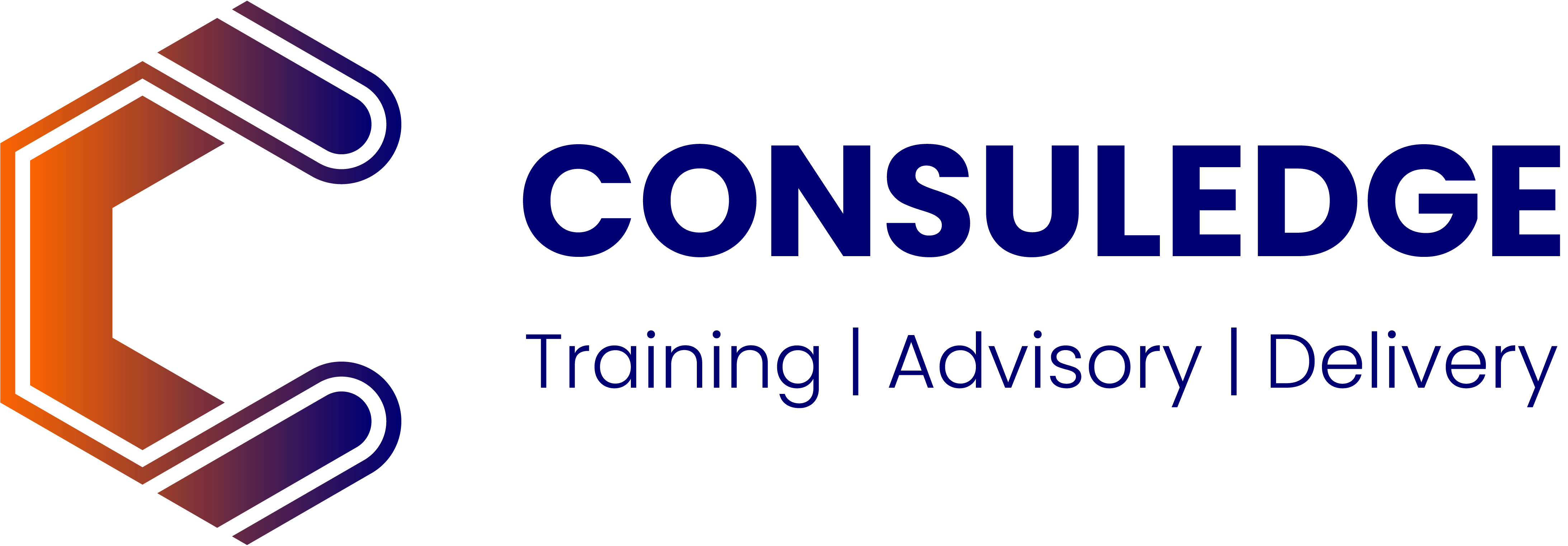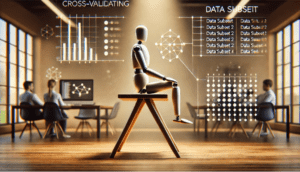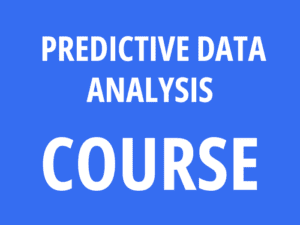Introduction: Is Your Life Being Measured on an Unbalanced Scale?
Imagine standing on a towering, shimmering scale that promises to judge you fairly. It feels solid and reliable—objective, even. But as weights are added—your postcode, income, and even the actions of your neighbors—the scale tilts. You realize it isn’t fairness being weighed: it’s assumptions, biases, and patterns you never contributed to.
This is the paradox of a weighted scale society: algorithms that promise precision yet perpetuate stereotypes. Without oversight, they reduce us to mere data points. But isn’t it time to reclaim the brush and paint a better picture? Yes, it is.
What is the Weighted Scale Society?
- The Flawed Promise:
Algorithms claim to measure us objectively. Yet, their invisible weights are derived from biased data, historical patterns, and societal stereotypes.
- They judge individuals based on their environment, not their actions.
- They amplify inequality while appearing neutral.
A weighted scale society undermines fairness. Key decisions—like loan approvals or job opportunities—are made by systems blind to personal merit.
How Does the Weighted Scale Affect You?
The impact of these systems is profound, touching many aspects of life:
- Loan Approvals:
- Banks use AI-driven decision-making.
- Your postcode could determine your loan’s approval or denial.
- Living in a neighborhood with financial struggles unfairly tilts the scale against you.
- Hiring Processes:
- In Australia, recruitment AI has excluded women returning from maternity leave (The Australian).
- Despite claiming impartiality, these systems reinforce workplace inequalities.
- Justice Systems:
- Globally, the COMPAS algorithm labeled Black defendants as high-risk far more often than white defendants with similar profiles (ProPublica).
- Instead of correcting biases, these systems codify them into decision-making.
Why Should We Worry About Algorithmic Bias?
The Contradictions of AI-Driven Systems
- Objectivity vs. Bias:
They promise impartiality but amplify systemic inequalities.
- Consistency vs. Fairness:
Their consistent methods often consistently disadvantage certain groups.
The Broader Implications
Without intervention, these algorithms could shape:
- Loan approvals,
- Access to services,
- Hiring opportunities, and
- Criminal justice decisions.
Each unchecked system deepens existing inequalities, creating a future where fairness becomes increasingly elusive.
What Can Be Done?
Steps to Address the Weighted Scale Society
- Raise Awareness:
Understand how AI affects your daily life and question its decisions.
- Demand Accountability:
Advocate for transparency in AI systems. By 2025, Australian government agencies are required to reveal how AI is used in public services (Australian Government AI Policy).
- Push for Ethical AI Governance:
Encourage policies that prioritize justice, fairness, and inclusivity in algorithm design.
- Engage in the Conversation:
Join discussions and movements pushing for responsible AI.
Why You Should Act Today
I bet you are a bit like me—you want a future where fairness isn’t just a concept but a reality. A world where technology empowers people, not perpetuates inequality. Yes, it’s possible! The decisions we make today will shape tomorrow’s society.
What’s Next?
I go over this in much more detail in our next weblog, where I explore AI: The Modern Panopticon Watching Over Your Freedom( Click Here) . Don’t miss these actionable insights—they might just tip the balance in your favor.








